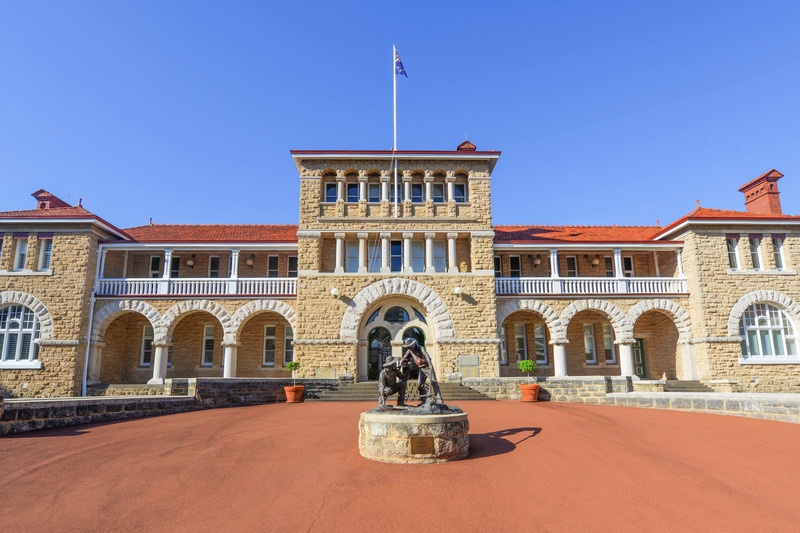Street Calls of the Week
From January 1, Australian employers found to have deliberately underpaid workers could face up to 10 years in prison and fines of A$1.65 million, under new federal laws criminalising wage theft.
Companies found guilty could be penalised up to A$8.25 million.
Major corporations caught up
The legislation follows years of underpayment scandals involving major corporations, including Woolworths, Qantas, NAB, BHP (ASX:BHP), 7-Eleven and the Australian Broadcasting Corporation (ABC).
High-profile cases in 2024 highlighted the severity of wage theft, including record penalties such as the A$15.3 million fine against Sushi Bay for exploiting 163 workers, most of whom were migrant visa holders.
Until now, enforcement was limited to civil penalties, which did not include imprisonment.
Under the new framework, the Fair Work Ombudsman will need to prove intent, demonstrating that employers knowingly avoided paying appropriate wages, superannuation or other entitlements.
These laws will only apply to offences committed from January 1 onward, with prosecutions requiring referral to federal authorities.
Criminal burden of proof
Employment law experts note that the burden of proof for criminal cases will be significantly higher than for civil cases.
As a result, enforcement is expected to focus on the most egregious or high-profile instances of wage theft.
The introduction of criminal penalties has drawn criticism from some business groups, with the Australian Chamber of Commerce and Industry labelling the laws an overreach.
The objections include the complexity of the regulatory environment, particularly for small businesses.
Despite the criticisms, Fair Work is encouraging employers to self-report any potential underpayments.
Those who do so may be eligible for cooperation agreements, which could shield them from criminal prosecution.
